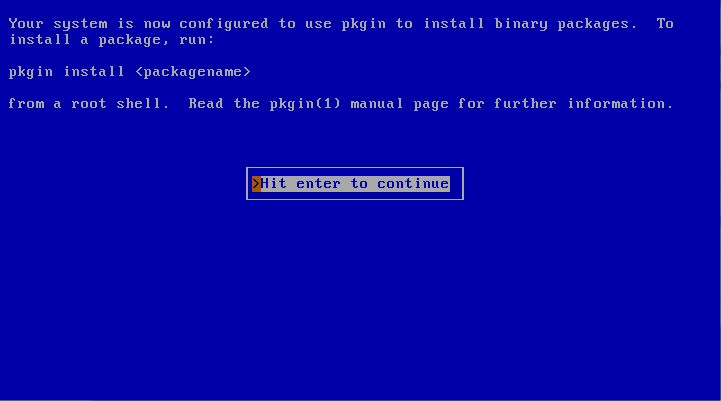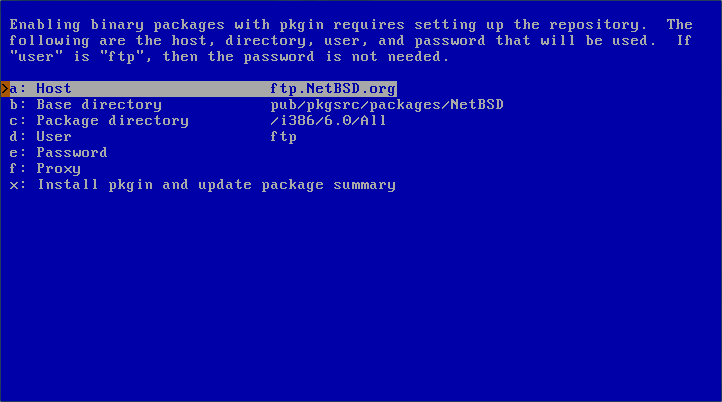
Contact Support. /12/16 · Read this Crypto binary options auto trader that actually works Trader review install all optional packages from binary Singapore to find out all details. Unlike assets, binary options contracts expire at a given time and may even get triggered out of existence if they are touch binaries. Install All Optional Packages From Binary. Binary Option Digital Option. how safe is binary options trading duane cunningham binary options how to find a bitcoin miner for investment. bitcoin trading volume is greater than total supply binary options free trial account using macd for binary options.
⭐ Install all optional packages from binary india ⭐ ✔️ Top Trader
Tilde-expansion will be done on file paths. If this is missing, a listbox of available packages is presented where possible in an interactive R session. Recycled as needed. If missing, defaults to the first element of. For more details on supported URL schemes see url. URL s of the contrib sections of the repositories. Use this argument if your repository mirror is incomplete, e.
Overrides argument repos. Unused if a non- NULL available is supplied. Only supported if lib is of length one or missingso it is unambiguous where to install the dependent packages. If this is not the case it is ignored, with a warning. TRUE means to use c "Depends", "Imports", "LinkingTo", "Suggests" for pkgs and c "Depends", install all optional packages from binary, "Imports", "LinkingTo" for added dependencies: this installs all the packages needed to run pkgstheir examples, tests and vignettes if the package author specified them correctly.
Used only for source installs. A character vector or a named list. If a character vector with no names is supplied, the elements are install all optional packages from binary into a single string separated by a space and used as the value for the --configure-args flag in the call to R CMD INSTALL. If the character vector has names these are assumed to identify values for --configure-args for individual packages.
This allows one to specify settings for an entire collection of packages which will be used if any of those packages are to be installed. These settings can therefore be re-used and act as default settings.
A named list can be used also to the same effect, and that allows multi-element character strings for each package which are concatenated to a single string to be used as the value for --configure-args. Analogous to configure, install all optional packages from binary. This is sometimes used to perform additional operations at the end of the package installation in addition to removing intermediate files. Values greater than one are supported if the make command specified by Sys. This can also be used on Windows to install just the DLL s from a binary package, e.
Can also be a named list of character vectors to be used as additional options, with names the respective package names. Alternatively, a character string giving the directory in which to save the outputs.
Ignored when installing from local install all optional packages from binary. Arguments to be passed to download. This is the main function to install packages. It takes a vector of names and a destination library, downloads the packages from the repositories and installs them.
If the library is omitted it defaults to the first directory in. If lib is omitted or is of length one and is not a group writable directory, in interactive use the code offers to create a personal library tree the first element of Sys.
For installs from a repository an attempt is made to install the packages in an order that respects their dependencies. You are advised to run update. Some binary Linux distributions of R can be installed on a machine without the tools needed to install packages: a possible remedy is to do a complete install of R which should bring in all those tools as dependencies. If there is only one library directory the defaultR tries to find out by creating a test directory, but even this need not be the whole story: you may have permission to write in a library directory but lack permission to write binary files such as.
R packages are primarily distributed as source packages, but binary packages a packaging up of the installed package are also supported, and the type most commonly used on Windows and by the CRAN builds for macOS. This function can install either type, either by downloading a file from a repository or from a local file. Possible values of type are currently "source""mac.
For a binary install from a repository, the function checks for the availability of a source package on the same repository, and reports if the source package has a later version, install all optional packages from binary is available but no binary version is.
This check can be suppressed by using, install all optional packages from binary. The action if there are source packages which are preferred but may contain code which needs to be compiled is controlled by getOption "install. It is safe to always set the latter when installing from a repository or tarballs, although it will be a little slower. When installing a binary package, install all optional packages from binary, install.
In some circumstances e. This has two purposes: it prevents any other process installing into that library concurrently, and is used to store any previous version of the package to restore on error. A finer-grained locking is provided by the option --pkglock which creates a separate lock for each package: this allows enough freedom for parallel installation.
Finally locking and restoration on error can be suppressed by --no-lock. For a macOS binary install, no locking is done by default. For Windows binary install, per-directory locking is used by default lock defaults to the value of getOption "install. If the value is "pkglock" per-package locking will be used. Note that it is possible for the package installation to fail so badly that the lock directory is not removed: this inhibits any further installs to the library directory or for --pkglockof the package until the lock directory is removed manually.
It makes use of a parallel makeso the make specified default make when R was built must be capable of supporting make -j n : GNU make, dmake and pmake do, but Solaris make and older FreeBSD make do not: if necessary environment variable MAKE can be set for the current session to select a suitable make. For non-parallel installs this is implemented via the timeout argument of system2 : for parallel installs via the OS's timeout command.
If no such command is available the timeout request is ignored, with a warning. For parallel installs a Error message from make indicates that timeout occurred. Timeouts during installation might leave lock directories behind and not restore previous versions. Install all optional packages from binary download. Created by DataCamp. Community examples Looks install all optional packages from binary there are no examples yet.
Post a new example: Submit your example. API documentation. Install all optional packages from binary your R skills to the test Start Now.
Arch Linux - Installing packages from the AUR using yay
, time: 10:39blogger.comes function | R Documentation

I am using general fuction to install packages (i.e., blogger.comes(XXXX)). Also, I conformed that when I use R instead of RStudio, the R just installs packages by donwloading binary files. I have to use RStudio but since it is compiling all packages from source codes, this is taking forever! Install all optional packages from binary singaporeYou can make multiple trades at the same time with the same contract; this is how you can install all optional. R packages are primarily distributed as source packages, but binary packages (a packaging up of the installed package) are also supported, and the type most commonly used on Windows and by the CRAN builds for macOS. This function can install either type, either by downloading a .
No comments:
Post a Comment